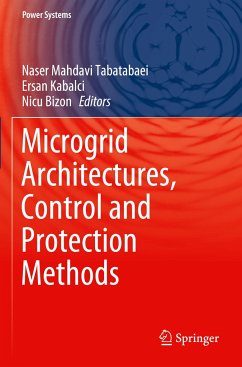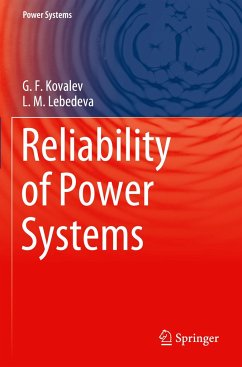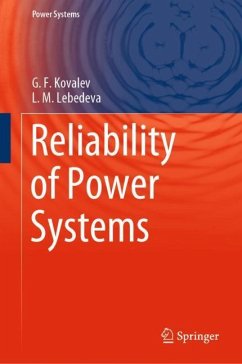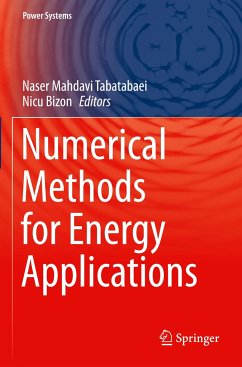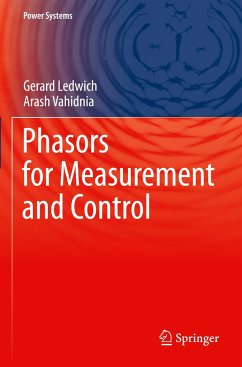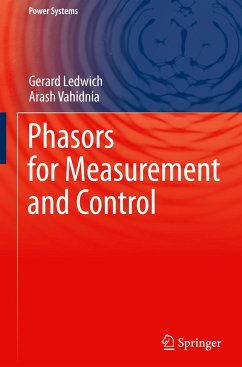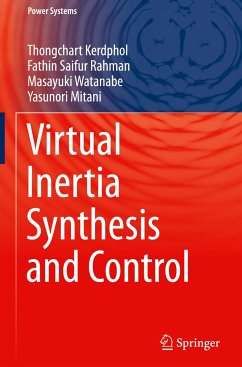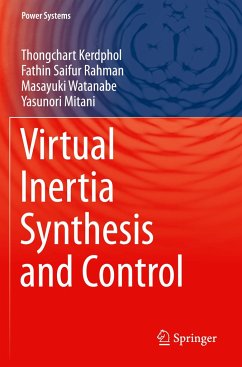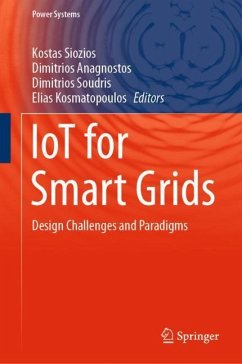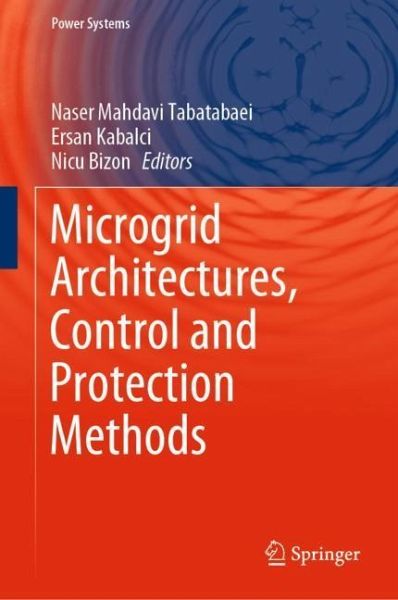
Microgrid Architectures, Control and Protection Methods

PAYBACK Punkte
58 °P sammeln!
This book presents intuitive explanations of the principles of microgrids, including their structure and operation and their applications. It also discusses the latest research on microgrid control and protection technologies and the essentials of microgrids as well as enhanced communication systems.The book provides solutions to microgrid operation and planning issues using various methodologies includingplanning and modelling;AC and DC hybrid microgrids;energy storage systems in microgrids; andoptimal microgrid operational planning.Written by specialists, it is filled in innovative solutions...
This book presents intuitive explanations of the principles of microgrids, including their structure and operation and their applications. It also discusses the latest research on microgrid control and protection technologies and the essentials of microgrids as well as enhanced communication systems.
The book provides solutions to microgrid operation and planning issues using various methodologies including
planning and modelling;AC and DC hybrid microgrids;energy storage systems in microgrids; andoptimal microgrid operational planning.
Written by specialists, it is filled in innovative solutions and research related to microgrid operation, making it a valuable resource for those interested in developing updated approaches in electric power analysis, design and operational strategies. Thanks to its in-depth explanations and clear, three-part structure, it is useful for electrical engineering students, researchersand technicians.
The book provides solutions to microgrid operation and planning issues using various methodologies including
planning and modelling;AC and DC hybrid microgrids;energy storage systems in microgrids; andoptimal microgrid operational planning.
Written by specialists, it is filled in innovative solutions and research related to microgrid operation, making it a valuable resource for those interested in developing updated approaches in electric power analysis, design and operational strategies. Thanks to its in-depth explanations and clear, three-part structure, it is useful for electrical engineering students, researchersand technicians.





